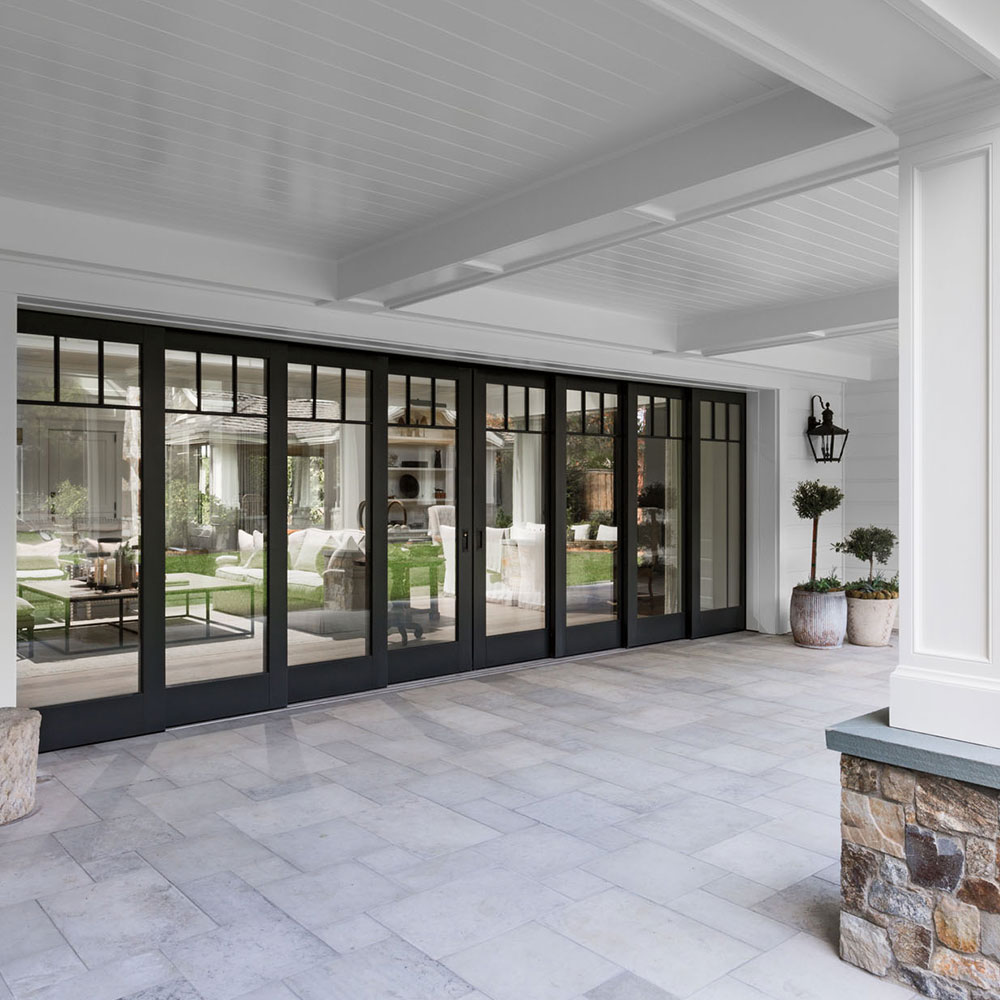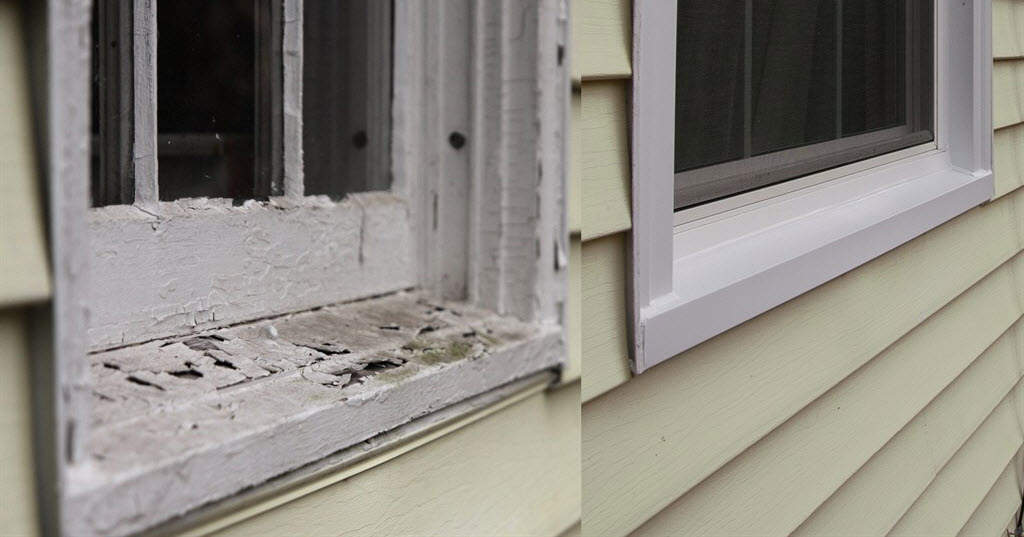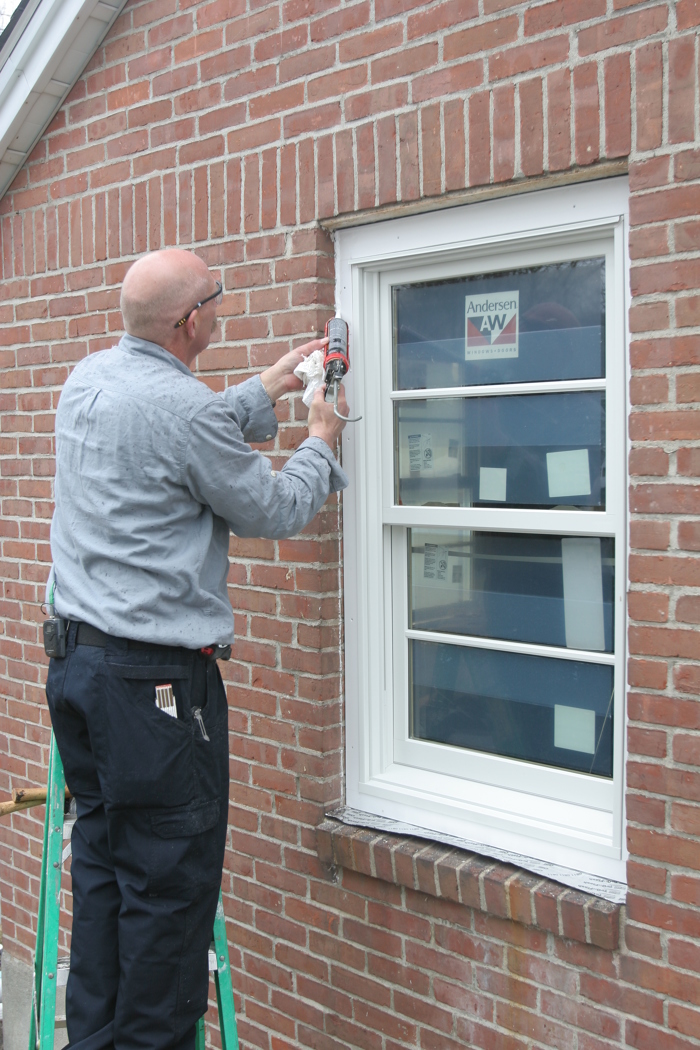High-Quality Window Replacement Providers in Your Area
High-Quality Window Replacement Providers in Your Area
Blog Article
Upgrade Your Home With Energy-Efficient Home Window Replacements
In the realm of home enhancement, the decision to upgrade to energy-efficient home window substitutes can considerably influence both the capability and appearances of a house. Past the surface area level of plain aesthetics, energy-efficient home windows offer a wide variety of advantages that go beyond mere aesthetic allure.
Benefits of Energy-Efficient Windows

The setup of energy-efficient home windows gives considerable savings on energy expenses while enhancing environmental sustainability. Furthermore, energy-efficient home windows can assist manage moisture levels within the home, lowering the risk of mold and mildew growth.
Beyond the financial benefits, energy-efficient home windows contribute to ecological sustainability by decreasing carbon emissions associated with energy manufacturing. Generally, spending in energy-efficient home windows not only improves the convenience and performance of a home but also aligns with eco aware practices.
Sorts Of Energy-Efficient Glass
Different advanced sorts of energy-efficient glass deal special properties that deal with different needs and choices in improving the sustainability and performance of buildings. Low-emissivity (Low-E) glass is a preferred choice created to decrease the quantity of ultraviolet and infrared light that can travel through the glass, thereby reducing warmth transfer. This kind of glass assists preserve a consistent indoor temperature level, lowering the requirement for home heating or cooling down systems, and eventually reducing power expenses. One more cutting-edge choice is spectrally selective glass, which permits visible light to travel through while blocking certain kinds of infrared radiation. This helps in maintaining a comfy interior atmosphere while minimizing warmth gain. Triple-pane glass, consisting of 3 layers of glass with shielding gas between them, offers boosted thermal insulation, making it very energy-efficient. Furthermore, self-cleaning glass with an unique finishing that breaks down and loosens dirt when revealed to sunshine can lower maintenance needs and keep home windows looking clean. Each sort of energy-efficient glass uses distinctive advantages, permitting homeowners to select the most appropriate alternative based upon their certain demands and objectives.
Variables to Consider When Choosing
When pondering energy-efficient home window replacements, it is critical to very carefully examine certain factors that align with your sustainability goals and wanted energy savings. One crucial element to take into consideration is the home window's energy performance rankings, such as the U-factor and Solar Warm Gain Coefficient (SHGC) The U-factor measures how well the window shields, with reduced numbers indicating far better insulation, while the SHGC indicates the window's ability to obstruct warmth from sunlight. In addition, the window frame product plays a significant function in power effectiveness. Products like fiberglass, plastic, or wood with thermal breaks are excellent choices for decreasing warm transfer. An additional important factor to consider is the home window design and positioning worrying sunlight exposure. Choosing the right home window design and tactically positioning them can maximize natural light while lessening warm gain or polar double glazed windows loss. Finally, installment top quality is crucial to making certain the windows do as planned. Proper installment helps stop air leakage, guaranteeing optimal power performance. By meticulously assessing these elements, you can choose energy-efficient home windows that boost comfort, minimize energy costs, and profit the environment.
Setup and Maintenance Tips

Regular upkeep is crucial to preserving the performance of your energy-efficient home windows. Inspect the windows regularly for any signs of damage, sealant, or wear degeneration. Tidy the structures, tracks, and glass consistently making use of light soap and water to remove dust and gunk that can influence efficiency. Check the weather-stripping and seals for any type of gaps or tears and replace them if needed to keep the best window installation windows' energy efficiency.
Furthermore, lube moving components such as locks and joints to make sure smooth procedure. By complying with these installation and maintenance pointers, you can enhance the energy efficiency of your home and prolong the life-span of your energy-efficient home windows.
Cost-Benefit Evaluation of Updating

Energy-efficient windows are developed to lessen warmth transfer, decreasing the need for heating and cooling down systems to work overtime. This can bring about significant financial savings on power bills, particularly in regions with extreme temperatures. In addition, energy-efficient windows can improve the total value of your home, making it much more eye-catching to prospective purchasers if you make a decision to sell in the future.
When calculating the cost-benefit evaluation, factor in the potential cost savings on power bills, any offered incentives or rebates, and the lifespan of the windows. While the first cost may be higher, the long-term financial savings and advantages of energy-efficient home windows make them a smart financial investment for house owners looking to boost their property's power performance and value.

Conclusion
In final thought, upgrading to energy-efficient window replacements supplies countless advantages such as decreased power intake, raised convenience, and price financial savings. By picking the ideal kind of energy-efficient glass and thinking about elements like structure material and installation, homeowners can optimize the effectiveness of their windows.
When contemplating energy-efficient home window replacements, it is important to carefully assess particular elements that align with your sustainability objectives and preferred energy cost savings. The U-factor procedures exactly how well the home window insulates, with lower eco double glazing numbers suggesting better insulation, while the SHGC shows the window's ability to block warmth from sunlight. By carefully reviewing these factors, you can pick energy-efficient home windows that enhance comfort, reduce energy costs, and benefit the environment.
While energy-efficient home windows may have a greater ahead of time cost contrasted to traditional home windows, the lasting advantages usually outweigh the preliminary financial investment.In final thought, upgrading to energy-efficient window substitutes offers numerous advantages such as decreased energy consumption, raised comfort, and cost financial savings.
Report this page